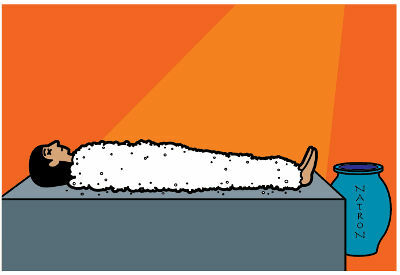Both in speech and in writing, we must be aware of the use of certain expressions that interfere with the quality of our linguistic performance.
As the function of language is strictly social, and language has a dynamic character, we sometimes feel attached to certain fads, such as the use of clichés, which inevitably end up being incorporated into our vocabulary.
However, as speakers, we must take care of our profile, because in society we are seen as a “whole”, and certain attitudes end up stigmatizing us in front of our attitudes.
The discussion itself does not refer to the idea that Normative Grammar is the guiding element in our daily lives, but rather, to know how to distinguish situations in which the context does not allow for “such deviations”. Because, as much as Linguistics has represented a very big advance for language scholars, this notion of right or wrong still tends to persist for some time.
In a more specific way, we will analyze the most committed deviations and their main characteristics. Among them, the following stand out:
Ambiguity - It consists in portraying a situation in which the clarity of the message is compromised, with, therefore, a duplicity of interpretations. As in:
The boy took the bus running. In this case, we did not identify if it was the boy or if it was the running bus.
Cacophony - It consists of the joining of syllables that phonetically become unpleasant.
I didn't see her today.
since i can't love her, I'm going to the convent.
vicious pleonasm - It is the use of an unnecessary idea, since this is already part of the inference of the listener/reader.
The boy came in inwards hastily.
He got down down in this exact moment.
plebeism - It is the use of certain terms that denote lack of knowledge/culture on the part of the speaker.
He said “like that”...
Barbarisms - literally represent the error in the use of words considering the spelling, semantics and pronunciation.
THE kitchen it's all messed up.
The baby loves to take yoghurt.
Your seyebrow is well delineated.
echo - Consists of repeating words with the same sound to emphasize an idea
thiefto the who steals barkto thehas a hundred years of loseto the.(popular saying)
By Vânia Duarte
Graduated in Letters
Brazil School Team
Source: Brazil School - https://brasilescola.uol.com.br/redacao/a-predominancia-alguns-termos-que-comprometem-oralidade-.htm

